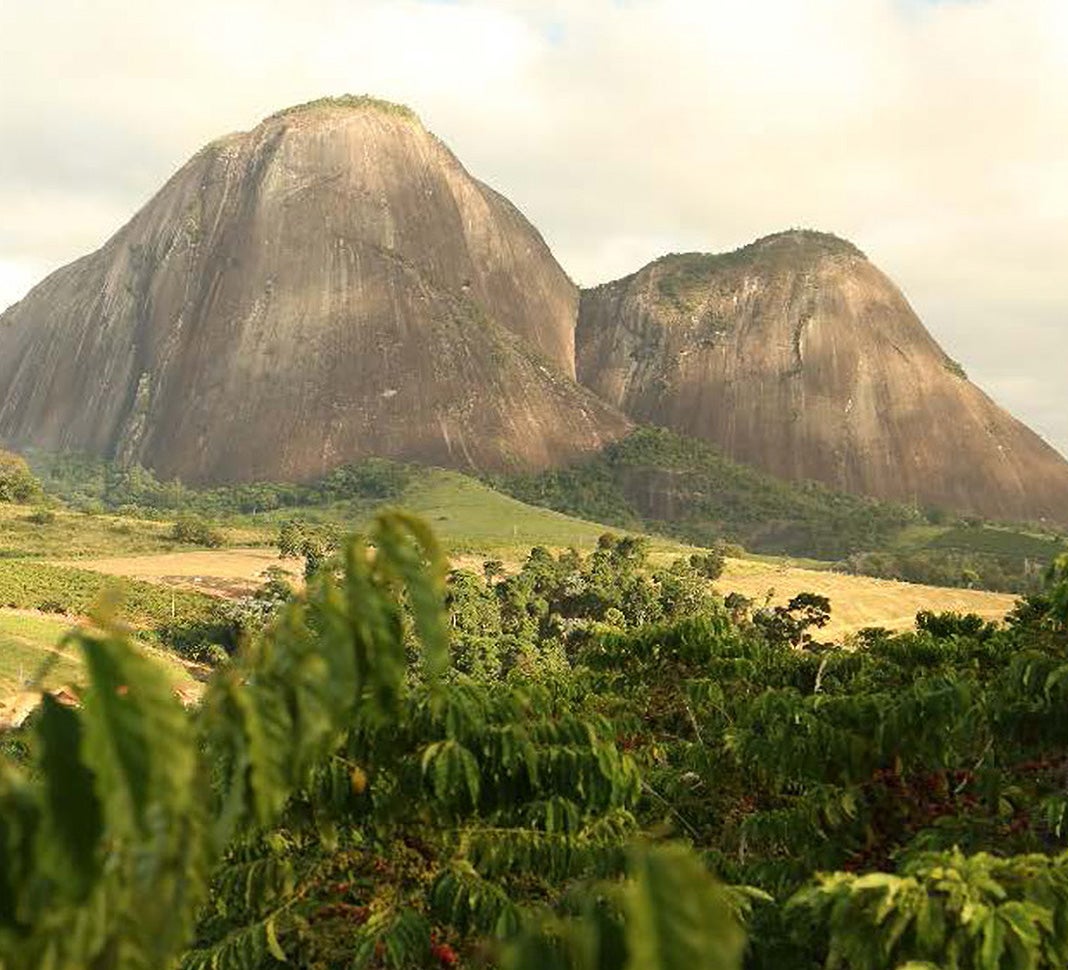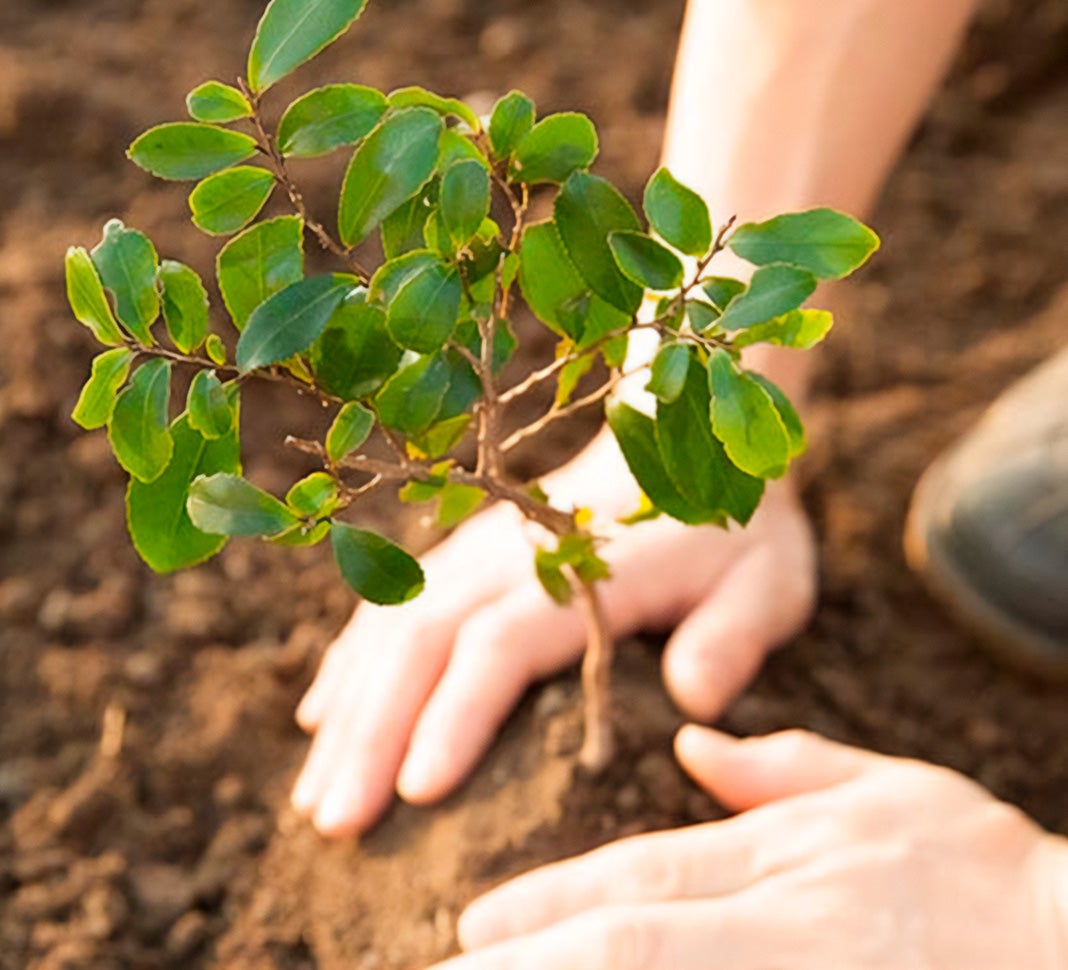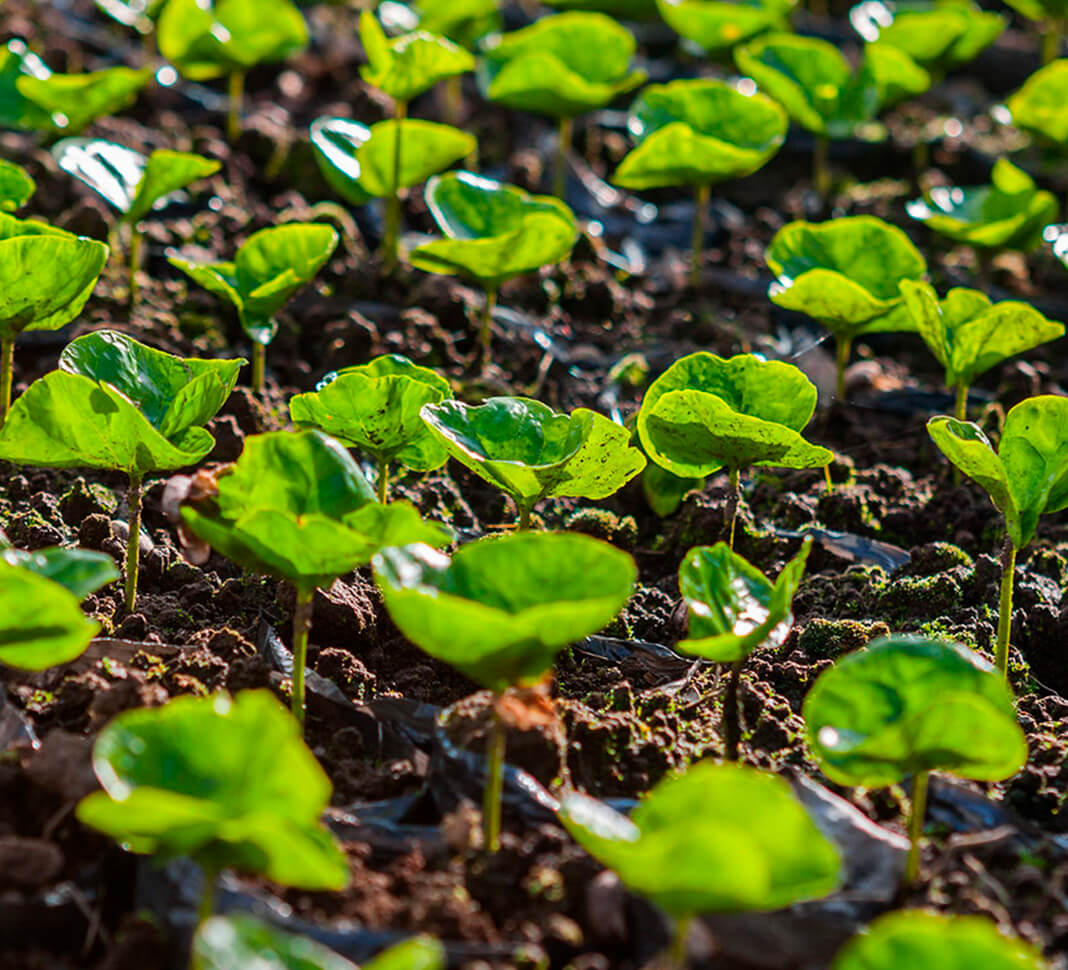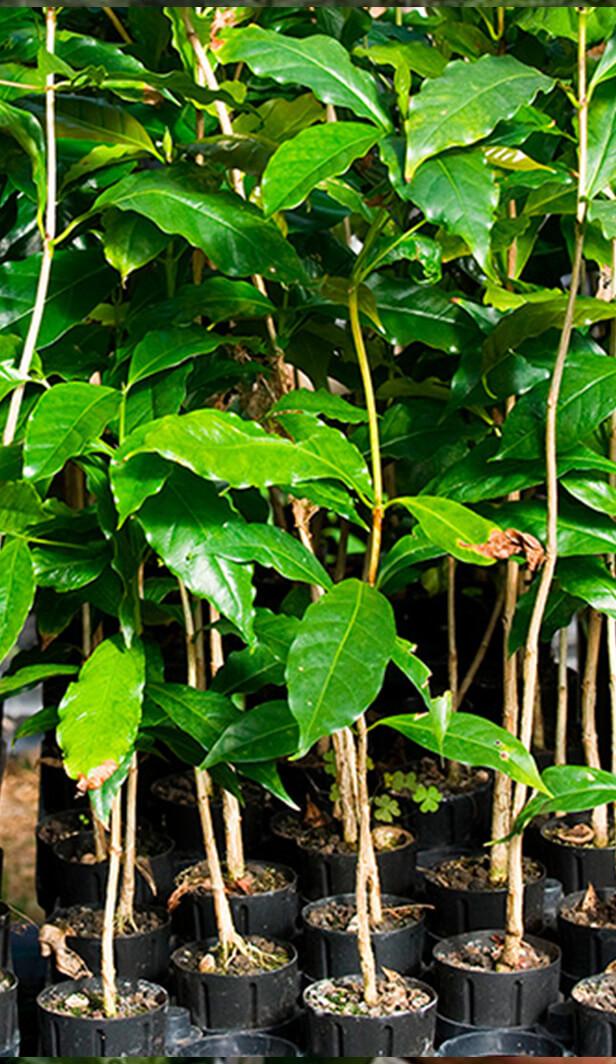WORKING WITH THE POWER OF NATURE
One of the best ways to reduce carbon is healthy soil and forests. For NESCAFÉ, to tackle their vast supply chain with hundreds of thousands of farms and transportation networks, we must work to protect both soil and forests to bring long-term sustainable change.

WHEN MORE REALLY MEANS LESS
One of the best ways to reduce carbon is healthy soil and forests. For NESCAFÉ, to tackle their vast supply chain with hundreds of thousands of farms and transportation networks, we must work to protect both soil and forests to bring long-term sustainable change.

“By 2026 NESCAFÉ intends to plant 20 million native trees worldwide to help increase biodiversity, and to promote soil formation and soil health.”

Why soil health is so important
"Good soil does more than grow good coffee, it captures carbon, reduces erosion, and requires less synthetic fertiliser. As a large part of greenhouse gas emission on farms comes from fertilisers, NESCAFÉ is helping optimise fertiliser use by providing training to farmers.
From Vietnam to Mexico, Brazil and Indonesia, NESCAFÉ's field programs will help to improve farming methods, resulting in farms using the optimum combinations of synthetic and organic fertilisers, and reducing the use of agrichemicals."

Big and small changes are all important
To help Nestlé reach net zero by 2050, it’s not only about making some big changes, it’s also about making lots of small ones. All NESCAFÉ factories aim to use 100% renewable electricity by 2025.
We are also working to help create circular systems that will make it easier to collect, recycle and reuse packaging. NESCAFÉ also aims to grow its fleet of electric, biofuel, hybrid, or plug-in hybrid vehicles. And for consumers, NESCAFÉ encourages better preparation methods and recycling tips like boiling water at 80°C instead of 100°C and only filling the kettle with the water you need. Step by step, we are on a path to keep reducing our greenhouse gas emissions.

Today’s community favourites




